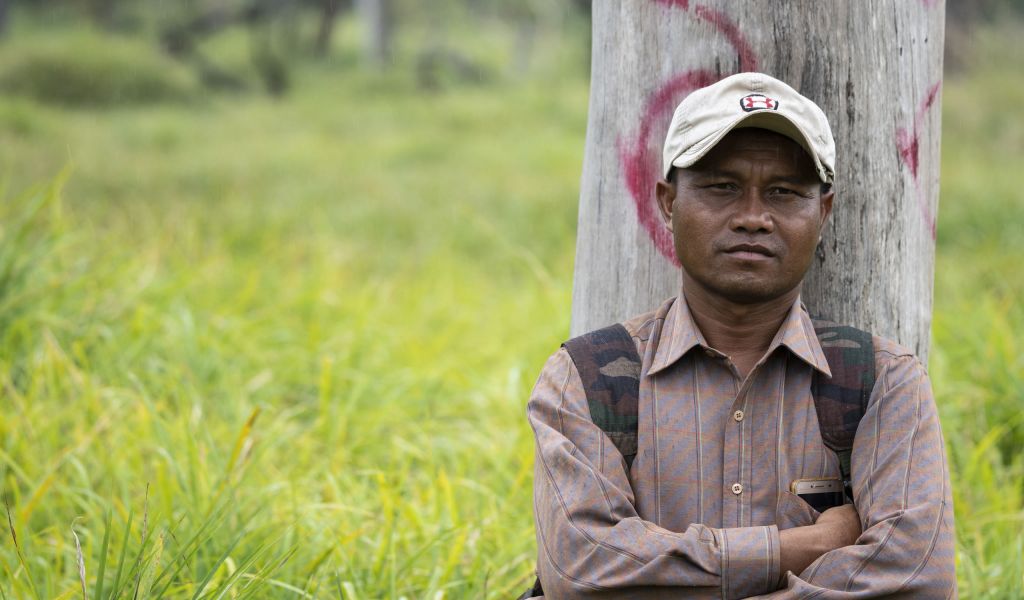Session 1: People-centered forestry for resilient landscapes

18 June 2019 | 13:30-15:00
“People-centered forestry for resilient landscapes” explores the role community forestry plays in climate resilience by analyzing a snapshot overview of the current status of community forestry in the Asia-Pacific and providing practical recommendations on how to apply a community-based forestry assessment framework in the region.
In the late 1970s, a consensus emerged that governmental control of forestry was unable to address environmental issues in the region. Following decades of centralized control focused on natural resource extraction, the Asia-Pacific region saw a rapid loss of forest cover along with a decline in the livelihoods of hundreds of millions of people who depend on forests. People-centered forestry, also referred to as social forestry or community forestry, was seen as an appropriate response. Today, the vast majority of the world’s forests still formally remain under government control. In recent years, countries are promoting community-based management of forests.
Session 1 will provide participants with an overview of more recent approaches of people-centered forestry, which are crucial to building resilient landscapes in the Asia-Pacific Region.
Speakers
Bambang Supriyanto, Director General, Ministry of Environment and Forestry (MOEF), Indonesia
Andrew Taber, Team Leader, Social Forestry, The Food and Agriculture Organization of the United Nations (FAO)
Iryna Skulska, Researcher, University of Lisbon's Center for Applied Ecology, Portugal
Pongsakorn Nokoonchorn, Chief Inspector of Santisuk district, Nan province, Thailand
Ronnakorn Triraganon, Senior Strategic Advisor, The Center for People and Forests

